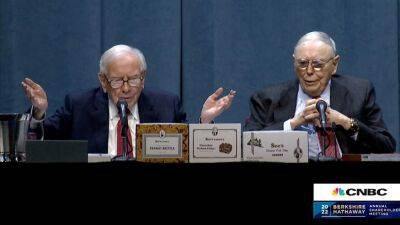Here is How BIP-199 Could 'Kill' Bitcoin According to Andreas Antonopoulos
Bitcoin (BTC) educator, author, and entrepreneur Andreas Antonopoulos has voiced concern regarding a possible far-reaching consequence of the Bitcoin Improvement Proposal (BIP) 119 that he says could "kill" Bitcoin.
Proposed by Jeremy Rubin, a Bitcoin developer and founder of Bitcoin research and development organization Judica, BIP-119, also known as CheckTemplateVerify (CTV), is a soft fork proposal that aims to enable new use cases for the Bitcoin network by adding a type of “covenant.”
A covenant is similar to what is known as a smart contract on the Ethereum (ETH) blockchain. In simple terms, a covenant is a mechanism that would enable users to enforce conditions on the way BTC coins within a wallet can be transferred in the future.
As of now, Bitcoin programmability is largely limited to the base level of transactions. For instance, using Bitcoin Script, a programmer can restrict what can be done before a transaction is spent. Similarly, using a timelock, one can set a specific amount of time before a transaction can be spent.
Covenant aims to bring more programmability to Bitcoin by allowing programmers to control how bitcoins can be spent in the future. Using covenant, one would be able to whitelist or blacklist certain addresses, restricting where BTC can be spent even for the person who has the key to those bitcoins.
While the author of BIP-119 claims the proposal for CTV largely includes simple covenants, Antonopoulos has argued that the proposal could potentially enable unexpected or unintended consequences.
More specifically, Antonopoulos noted that the proposal could "kill" Bitcoin if it brings support for recursive covenants. A recursive covenant is when a programmer not only limits the next transaction but
Read more on cryptonews.com






















